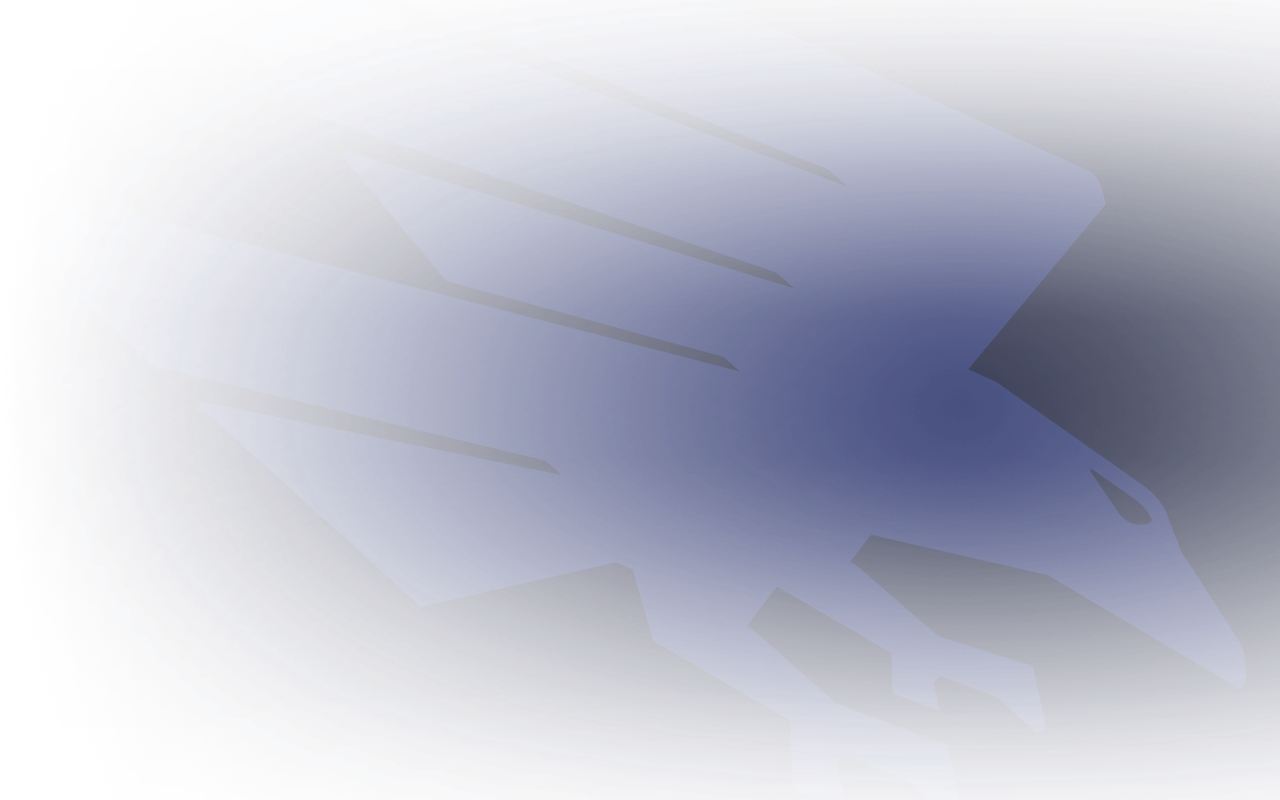The Adelaide Football Club took a new approach to Reconciliation Week in 2019, with the Club’s non-Indigenous players and staff encouraged to take on a more active role.
Inspired by the theme Grounded in Truth: Walk Together with Courage, players and staff united to gain a deeper understanding and appreciation for what the week is trying to achieve.
In previous years, Adelaide’s Indigenous players have taken the lead during this week.
But, in 2019, the focus was on encouraging the Crows’ non-Indigenous players and staff to take on more responsibility.
For Jeremy Johncock, the Club’s Indigenous Liaison Officer, this was particularly evident during the player and staff lunch, when the Acknowledgement of Country was delivered by Daniel Talia.
“Reconciliation Week is about sharing responsibility and ownership around reconciliation,” Johncock said.
“The Walking Together concept was something everyone really embraced this year and we thought the Acknowledgement of Country was a great opportunity for a Non-Indigenous player or staff member to take the lead.
“Daniel was a bit nervous that he wouldn’t do it justice, but he embraced the opportunity, and everyone was really impressed.”
The lunch was followed by a talk from Reconciliation SA’s executive director Shona Reid.
Reconciliation Week was also a key part of Adelaide’s Sir Doug Nicholls Round clash with West Coast at Adelaide Oval on Saturday, May 25.
Sir Doug Nicholls Round celebrates Aboriginal and Torres Strait Islander culture and contribution to Australian football and this year, the Club used the round as an opportunity to engage with its past Indigenous players both on and off the field.
Several former Crows, including Eddie Hocking, Troy Bond, Graham Johncock, Calista Boyd and Jared Petrenko, participated in a pre-game motorcade and formed part of the guard of honour.
They were presented with the Club’s 2019 Indigenous guernsey on the ground pre-game.
They also attended the Chairman’s lunch and were speakers in function rooms around the Oval, sharing their experiences with the guests.
“Our past players help form the foundation of the football club,” Johncock said.
“When they go back to their communities, they become an extension of the Club and it was great to be able to share their unique stories and experiences during the round.”
In a lasting tribute, a special Acknowledgement sculpture by local artist Allan Sumner was unveiled during the week and can now be seen in the reception of the Adelaide Football Club.
“The symbolic gesture of acknowledging the Traditional owners of the country you reside is very important to Aboriginal and Torres Strait Islander people,” Johncock said.
“The club has never had anything like it in its history, so to be able to do something that not only looks amazing but also has so much meaning makes us proud.”
Players were also given an opportunity to view the new documentary, The Final Quarter, followed by a question and answer session with the filmmakers and the AFL’s General Manager of Inclusion and Social Policy Tanya Hosch.
For Johncock, Reconciliation week was a conversation starter and part of a wider range of activities throughout the Club that form part of Adelaide’s Reconciliation Action Plan, which was launched in 2017.
“Reconciliation is a journey and it is important that we all go on it together,” Johncock said.
“Our Club has a proud Indigenous heritage, and we want to create a safe place for any potential players and staff where their culture is embraced, and honest conversations can be had”.
“We will keep the conversation going beyond this week.”
With our vision being “Bringing People Together to Achieve Great Things”, the Adelaide Football Club is committed to be an active participant in Australia’s reconciliation journey.
Together with our values and culture, our people are driven and aligned to promote a deeper respect and understanding of Aboriginal and Torres Strait Islander cultures.


